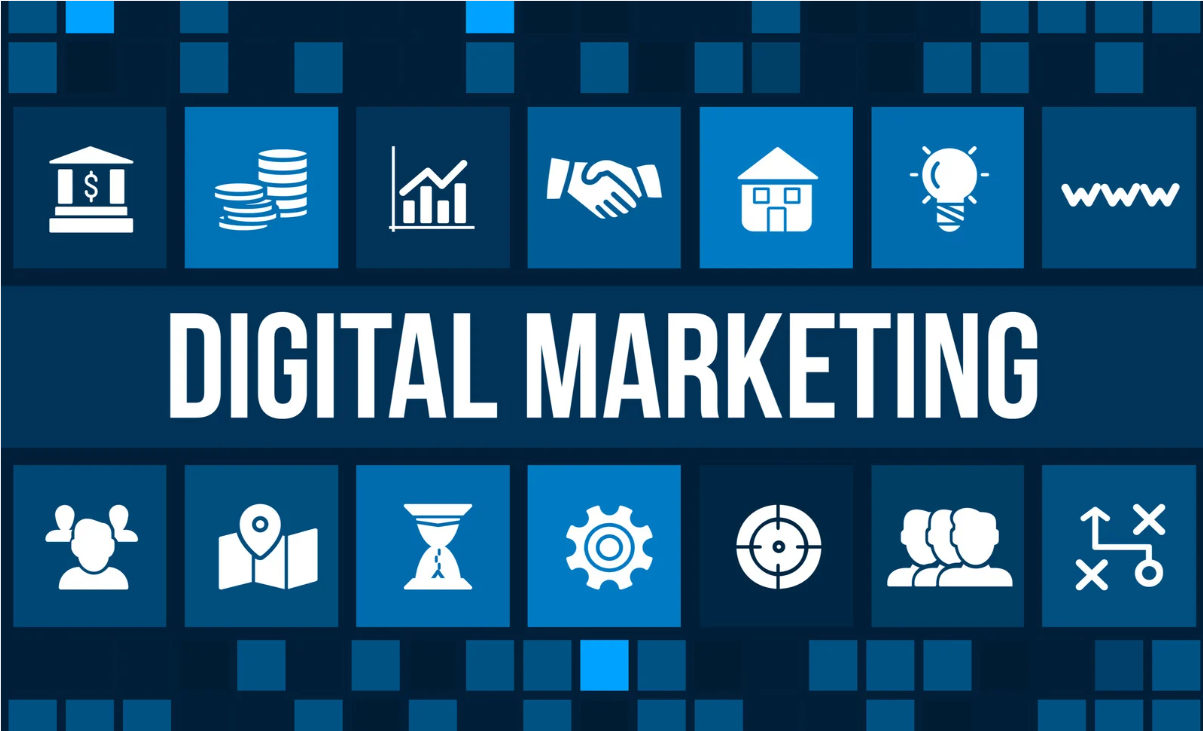
From Manual to Digital: The Power of Business Software
In today’s fast-paced digital world, running a business manually is not just inefficient — it's risky. Companies that still rely on spreadsheets, paper records, and outdated tools are falling behind competitors who have embraced automation and digital transformation.
That’s where business software comes in — a powerful tool to streamline operations, reduce human error, and unlock new levels of productivity.
🔹 What is Business Software?
Business software refers to digital tools or platforms designed to help companies perform tasks such as accounting, inventory tracking, HR management, CRM, project management, and more. It can be off-the-shelf or custom-built, depending on your business size, goals, and industry needs.
🔹 The Shift: Manual to Digital
Let’s break down what this shift looks like:
|
Task |
Manual Way |
Digital Way |
|
Invoicing |
Writing by hand or Excel |
Automated invoicing software |
|
Attendance |
Paper registers |
Biometric or cloud-based HR software |
|
Inventory |
Physical checks |
Real-time inventory management |
|
Customer Records |
Files or basic Excel sheets |
CRM software with smart insights |
This shift doesn’t just save time — it creates smarter, scalable, and more accurate systems.
In today’s fast-evolving business landscape, technology is no longer an option — it’s a necessity. Gone are the days when companies could rely entirely on manual processes like paper-based records, handwritten invoices, or spreadsheets for managing their operations. These traditional methods, while once effective, are now outdated, time-consuming, and prone to human error. The shift from manual to digital operations is transforming how businesses function, and at the heart of this transformation lies powerful business software.
Business software refers to digital tools and systems developed to handle essential business functions such as accounting, inventory management, human resources, customer relationship management (CRM), sales tracking, and more. These systems are built to simplify, automate, and streamline processes, allowing businesses to operate with greater accuracy, efficiency, and flexibility. As industries become more competitive and customers expect faster service, using business software gives companies a much-needed edge.
One of the most profound impacts of adopting business software is improved operational efficiency. Tasks that once required hours of manual labor—like generating reports, calculating payroll, or tracking inventory—can now be completed in minutes or even seconds. This not only saves time but also frees up employees to focus on more strategic and creative tasks that drive growth. Businesses are no longer bottlenecked by repetitive chores, as automation handles routine processes with consistency and precision.
Accuracy is another crucial benefit of digital transformation. Manual data entry is vulnerable to mistakes—misspelled names, wrong figures, or duplicate entries can cause serious issues, especially in sensitive areas like finance or customer records. Business software minimizes such risks by offering features like data validation, real-time syncing, and smart alerts. With digital records, business owners can access historical data, run analysis, and make confident decisions based on facts rather than assumptions.
Beyond internal operations, software plays a key role in enhancing the customer experience. For instance, CRM software allows businesses to maintain detailed profiles of customers, track interactions, and respond to inquiries faster. This creates a personalized and responsive service environment that builds trust and loyalty. Meanwhile, billing software ensures accurate and timely invoicing, and eCommerce platforms provide customers with smooth and secure online shopping experiences.
Consider a retail store as an example. A store relying on manual inventory checks and paper receipts may often struggle with stockouts, order delays, or inconsistent pricing. But with a modern POS (Point of Sale) system, the same store can automatically update inventory levels with each sale, generate detailed sales reports, and even offer promotions based on customer buying patterns. This level of efficiency directly impacts revenue, customer satisfaction, and business growth.
Cloud-based business software takes things even further. It allows business owners and team members to access their data and tools from anywhere, at any time. This flexibility is especially important in today’s hybrid and remote working environments. Whether you're managing a team, checking sales performance, or approving payments, cloud software ensures that your business is never tied to a single desk or location.
The transition from manual to digital may seem challenging at first, especially for traditional businesses. But the long-term advantages far outweigh the initial effort. In fact, most companies that adopt software solutions report noticeable improvements in productivity, customer engagement, and overall profitability within a few months. Digital tools are constantly evolving, and businesses that stay ahead of the curve not only survive but thrive in today’s competitive market.
In conclusion, the power of business software lies in its ability to transform complexity into clarity. It simplifies your workflow, enhances accuracy, reduces costs, and gives your business the agility to adapt to future needs. Embracing this digital shift is not just about keeping up — it’s about moving forward with confidence, clarity, and control.
Ready to go digital? Let Easy IT Solution Ltd help you build or choose the right business software. From custom development to full automation — we’ve got you covered!
Let our expert team at Easy IT Solution Ltd help you develop the perfect solution for your business digitalization.
📧 [email protected]
📞 +8801711-726648
🌐 www.easyitsolutionltd.com




